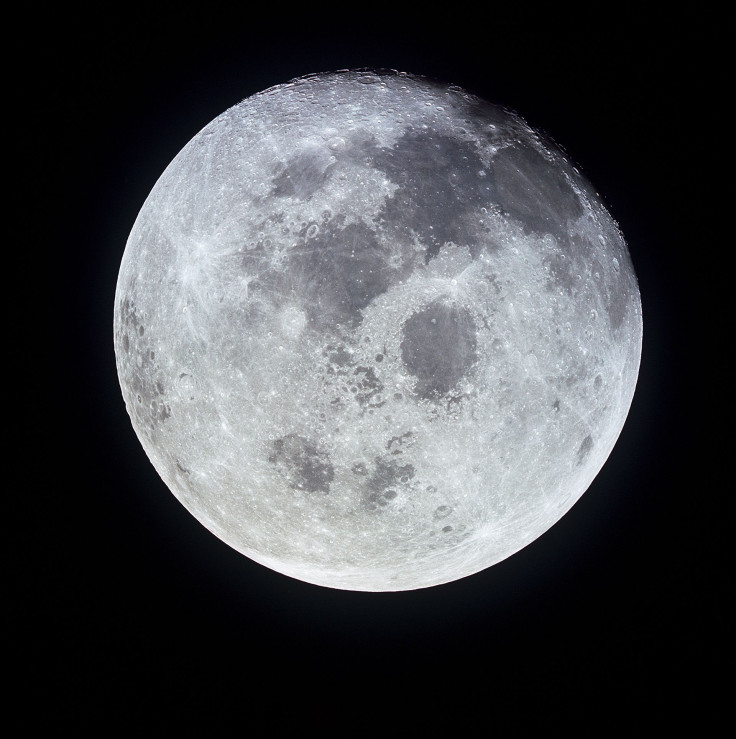Will We Ever Go Back To The Moon? US Regulators Set To Approve Private Company Space Launch

A little-known space exploration startup could soon get the green light to launch the first private spacecraft on a path to the moon. If U.S. federal officials approve the plan, the company will leave behind the largest regulatory hurdle that stands in its way to sending a 20-pound package to the Earth’s largest satellite.
People familiar with the details of the project told the Wall Street Journal the decision would establish important legal and diplomatic precedents and would work to ensure that private space exploration companies respected international space treaties. The deal could pave the way for mining asteroids in space and keeping track of debris.
The Journal noted a “formal launch license” wouldn’t be approved until the second half of 2017, and the company, Moon Express, still faces significant technical challenges. That includes the fact that it hasn’t actually launched the rocket it plans to use. The rocket and the MX-1 lander it plans to send to the Moon would also need approval for its proposed two-week operation.
Moon Express began lobbying the federal government in April 2014 on commercial space flight and has since spent $140,000 targeting Congress and the president’s office, according to Senate lobbying disclosure forms. It has ramped up expenditures in the past six months too, spending $60,000 during that time.
The approval hasn’t been without difficulties — since the U.S. government has never approved a similar launch there is no set template for approving commercial flights out of Earth’s orbit. The Federal Aviation Administration, which oversees rocket launches, is tasked with overseeing the process for Moon Express.
Approval for Moon Express could bring in big money for the company. Should it become the first company to land a rover on the moon, it will have beaten out 15 other companies vying for the Google Lunar X prize, which is offering $20 million to the first team that can land a rover, get it to travel 500 meters and send back high-definition images and videos.
© Copyright IBTimes 2024. All rights reserved.












